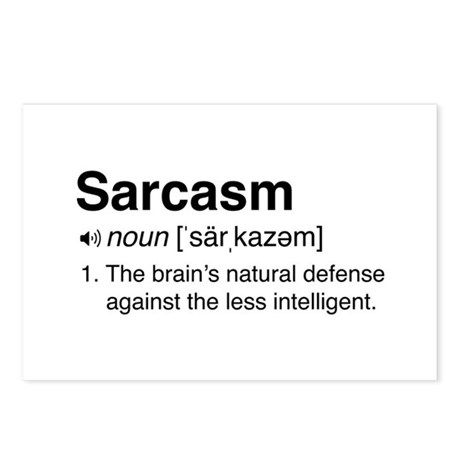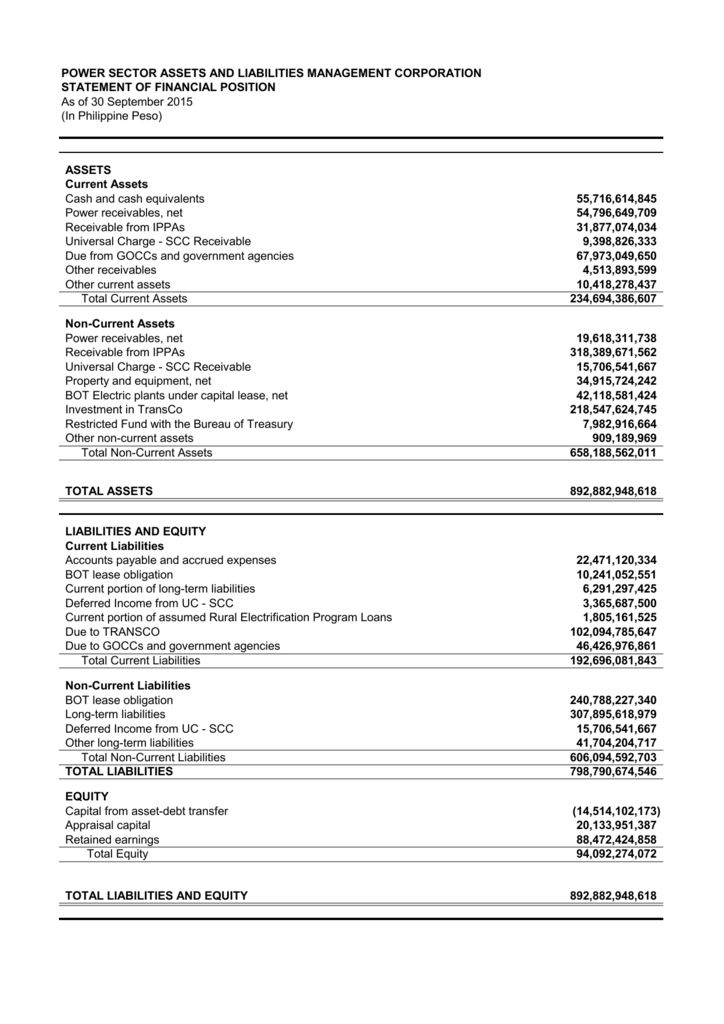What Is Managerial Accounting? Techniques and Skills University of Nevada, Reno
May 29, 2020Content

Cost accounting, sometimes known as managerial or management accounting, is responsible for giving business decision-makers inside the organization access to economic and financial data. Managerial accounting helps in cost control, cost reduction, product pricing, etc. Cost accounting differs from other areas of the accountancy profession in that it focuses on providing data for internal usage within the organization . Margin, restrictions, capital budgeting, trends and forecasts, valuation, and product costing are examples. Furthermore, management accounting analysis and results are kept internal, allowing business leaders to drive decision-making and run their business more effectively. Management accounting helps business leaders create strategies that are less likely to fail. A management accountant can help an organization maximize its profitability and minimize the threat of financial risks.
What is management accounting?
Management accounting is the collection, analysis, interpretation, and communication of financial information to managers within an organization. The goal of management accounting is to provide information that will assist in making business decisions.
Information is collected and classified by the financial accounting department, and presented in a way that suits managerial needs to review the various policy decisions of an organization. Constraint analysis is concerned with identifying limiting factors in a system and working to eliminate them. These constraints, also called bottlenecks, can be internal or external factors that limit the business’s profitability.
Boise State Online
Managerial accountants often lead the business team, supplying forecasts, planning performance variance analyses and reviews and monitoring costs. The different branches of management accounting are strategic management, performance management and risk management. Managerial accountants create additional value for a company, rather than just providing back-end financial support. Managerial accountants can also manage cash flow, set sales tactics, decide on pricing for customers and determine inventory cost.
What is management accounting meaning?
Managerial accounting, also called management accounting, is a method of accounting that creates statements, reports, and documents that help management in making better decisions related to their business' performance. Managerial accounting is primarily used for internal purposes.
A managerial accountant may identify the carrying cost of inventory, which is the amount of expense a company incurs to store unsold items. Managerial accountants calculate and allocate overhead charges to assess the full expense related to the production of a good.
Helping Understand Performance Variances
Please note that some information might still be retained by your browser as it’s required for the site to function. For freelancers and SMEs in the UK & Ireland, Debitoor adheres to all UK & Irish invoicing and accounting requirements and is approved by UK & Irish accountants. We also provide many author benefits, such as free PDFs, a liberal copyright policy, special discounts What is Management Accounting? on Elsevier publications and much more. Developing and implementing cost-effective financial policies and procedures, as well as mitigating financial risks. Late payments may negatively influence your organization if they become a habit for businesses/individuals. Management accounting offers a selection of the most significant alternative ways to conduct things.

Collecting accounting data and analyzing the same is a key role of management accounting. Management accounting provides relevant information in a systematic way that can be used by the management in planning and decision-making. Cash flow, fund flow, ratio analysis, trend analysis, and comparative financial statements are the tools normally used in management accounting to interpret and analyze accounting data. Thus, management accounting assists in analyzing and storing financial data that may be utilized by a business to improve productivity and efficiency.
Management Accountant Interview Questions
Is used to present the financial health of an organisation to its external stakeholders. Directors, shareholders, financial institutions and other investors are the subjects of the financial accounting reports. Financial Accounting presents a specific time period in the past and allows the readers to see how the enterprise has performed.
- It investigates the causes of loss and the elements that influence profitability.
- You can consent to processing for these purposes configuring your preferences below.
- Produce required financial information to be used across other roles in a business.
- Constraint analysis is concerned with identifying limiting factors in a system and working to eliminate them.
- They must earn the respect and trust of their colleagues and be interested in their lives and work.
- Many companies that specialize in accounting also provide their employees with resources to pursue continuing education units , a requirement of many of the credentials.
This also helps to guarantee that the organization has adequate liquid assets to meet its short-term obligations. The primary function of management accounting is to inform and advise management on the company’s current status. It provides regular information to management regarding the performance of various departments, which helps make prompt and timely actions regarding the specific task. A management accountant also serves as an advisor to an organization to solve any existing financial or other problems. A management accountant provides the essential and relevant information required to accomplish the organizations goals and objectives while planning and formulating policies. Forecasting approaches in management accounting include regression analysis and time series analysis.
The overhead expenses may be allocated based on the number of goods produced or other activity drivers related to production, such as the square footage of the facility. In conjunction with overhead costs, managerial accountants use direct costs to properly value the cost of goods sold and inventory that may be in different stages of production. Because managerial accounting is not for external users, it can be modified to meet the needs of its intended users. This may vary considerably by company or even by department within a company. For example, managers in the production department may want to see their financial information displayed as a percentage of units produced in the period. The HR department manager may be interested in seeing a graph of salaries by employee over a period of time. Managerial accounting is able to meet the needs of both departments by offering information in whatever format is most beneficial to that specific need.
- Financial accounting does and analyses the causes responsible for profits or losses.
- By 2020, the number of online business transactions is estimated to surpass 450 billion per day.
- The goal of management accounting is to determine future goals and activities.
- Interpretation of accounting reports, analysis in financial terms of proposed projects, plans, and procedures; assistance to the management in interpretation and evaluation of financial data of all types.
On the other hand, financial accounting is entirely dependent on a set of rules and principles. However, the presentation and analysis of accounting data may vary from one firm to another.
Lack of knowledge
Management accounting and cost accounting involves the presentation of accounting information in a manner that facilitates a prudent planning, correct decision-making, and effective controlling of day-to-day operations. We know that the main functions of management are planning, organizing, leading, and controlling management accounting helps management personnel to perform the functions properly, providing necessary accounting information. Ratio accounting included trend analysis, comparative financial statements, ratio analysis, fund flow statements, etc.
Management accountants modify financial account data according to what their company needs to review. For example, they can provide data based on a specific product, geography, period, supplier or sales territory. If you’re still managing your business using spreadsheet software, it might be time to start looking at accounting software. A solid accounting software application can ensure https://business-accounting.net/ that your financial statements are accurate, and provide you with quick access to a variety of reporting options. Unlike financial statements, management accounting reports are frequently run throughout the accounting cycle, not just at month end. While financial and managerial accounting focus on different aspects of a business, both play an important role in accounting management.
